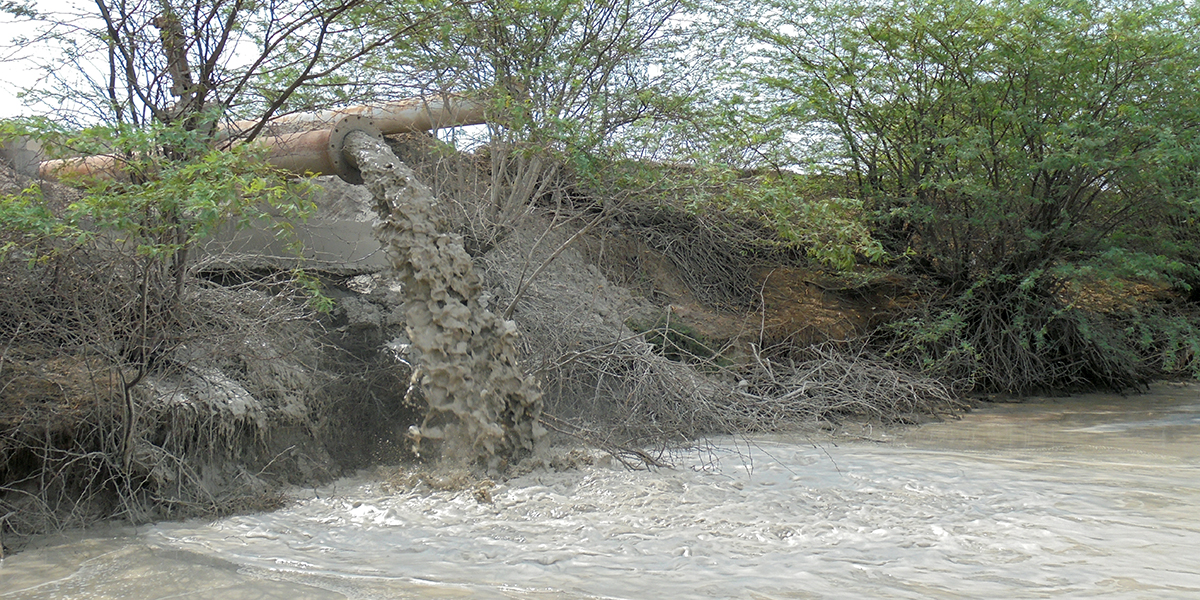Few Details Released On Georgia Power Coal Ash Plan

Georgia Power says it’s going to close all of its 29 coal ash ponds.
INDIAWATERPORTAL.ORG / FLICKR.COM/INDIAWATERPORTAL
How utilities handle coal ash, a byproduct from burning coal for electricity, has come under scrutiny in the past several years.
In 2008 a dam failed on a coal ash pond in Tennessee. It caused more than a billion dollars’ worth of damage to homes and the environment. There was another major spill in North Carolina last year.
The federal government responded with new coal ash regulations: One rule finalized in December, on how coal ash should be stored; and a second that came out this week on water pollution.
Now Georgia Power says it’s going to close all of its 29 coal ash ponds, but the utility is not saying yet how it will do that.
“It could be done in two ways,” said Jeff Cown, the chief of the land branch at the Georgia Environmental Protection Division. “They could take the coal ash out and dispose of it at another facility. Or they could leave the coal ash in place, dry it out and put a cap on it.”
Kurt Ebersbach with the Southern Environmental Law Center said moving the ash landfill would be more secure than capping it.
“Look right next door,” he said. “The state of South Carolina, every single major ash impoundment is going to be excavated and moved to lined storage over the next few years. They’re already done at some of those sites. So they’ve demonstrated that it’s feasible.”
And he points out, Georgia Power still plans to burn coal, so where the new coal ash will go is also an open question.
Georgia Power wouldn’t give any details beyond a press release. It says the schedule for closing the ash ponds will be out in the next six months.








